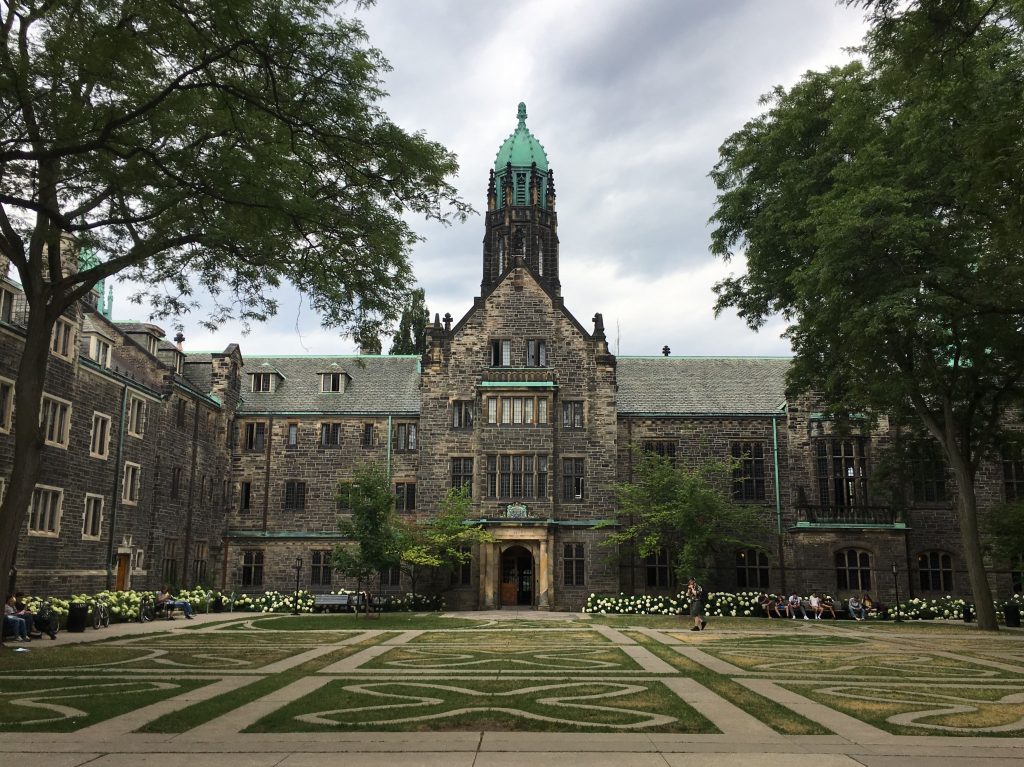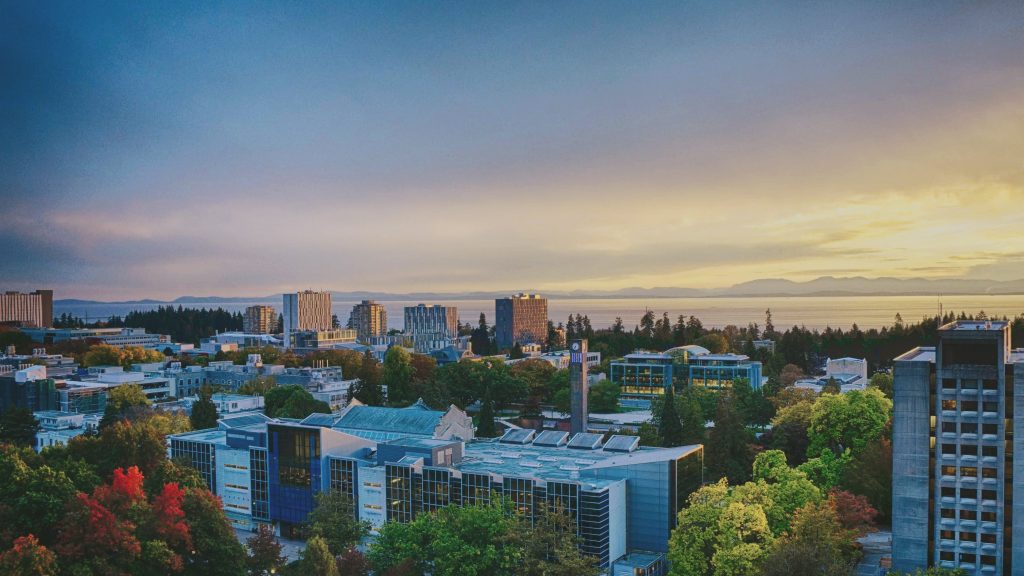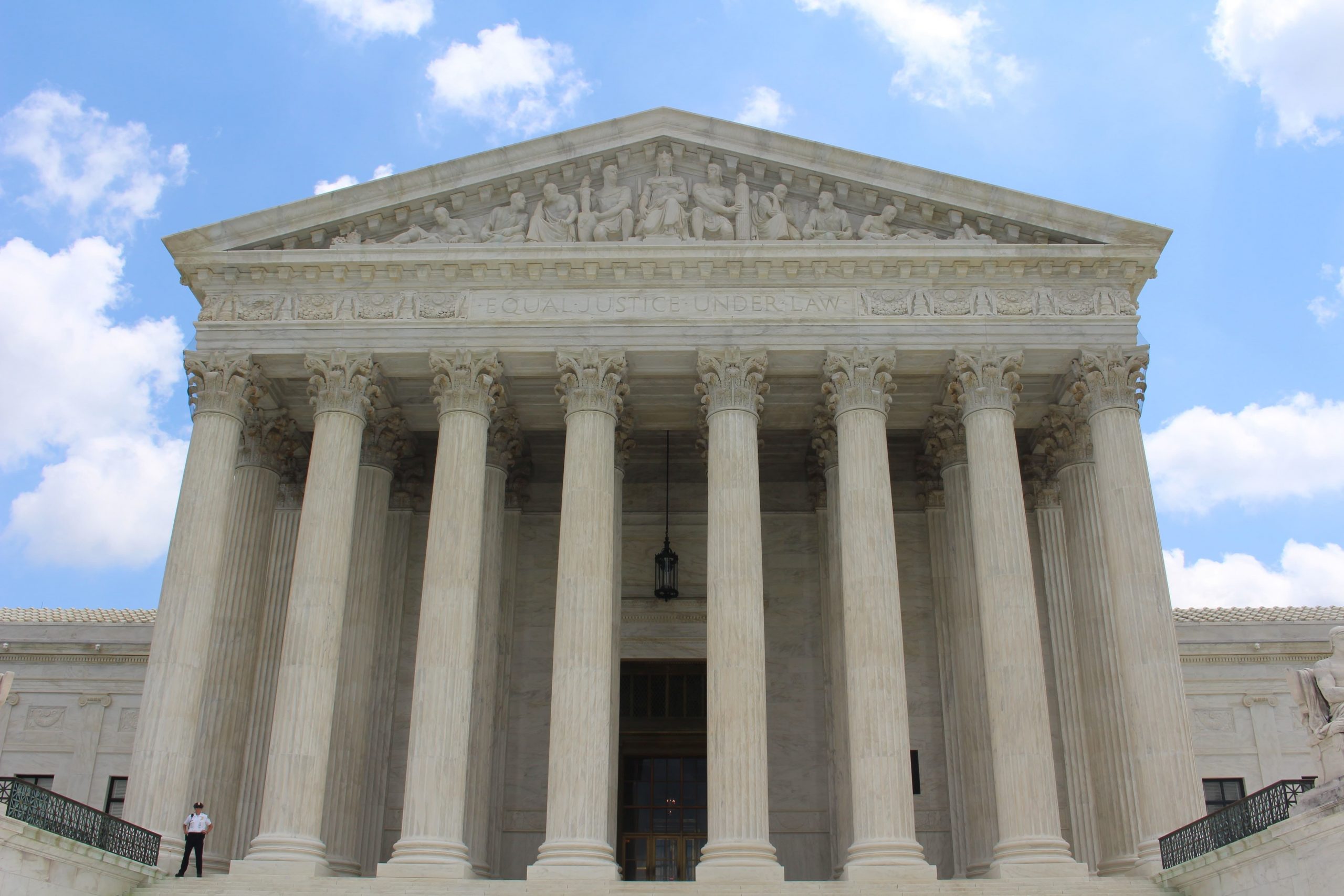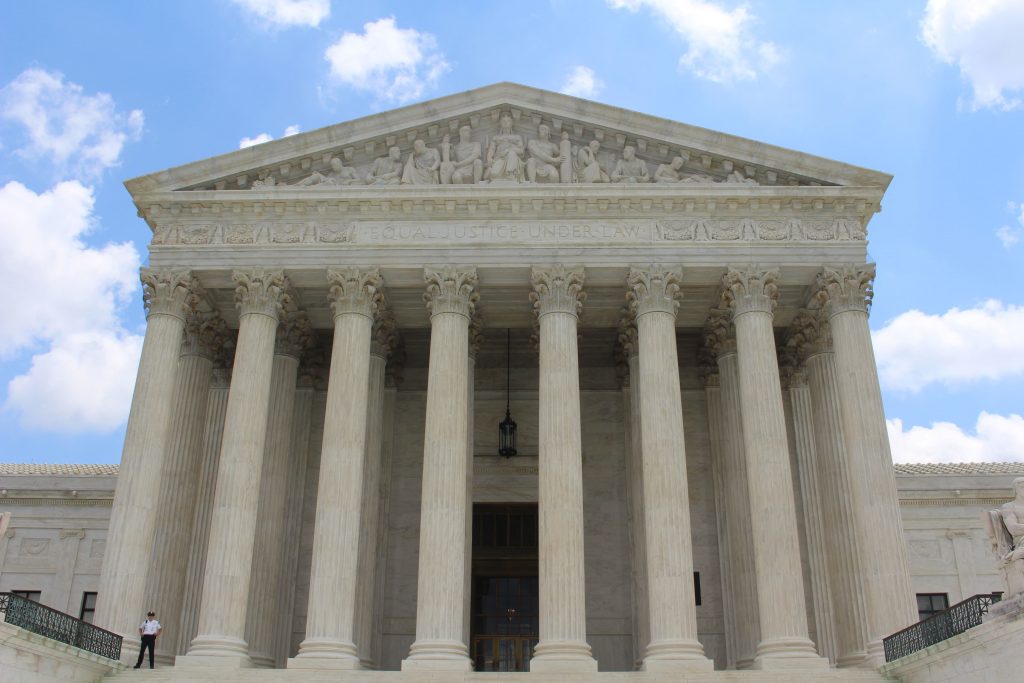Table of Contents
ToggleBecoming a lawyer in Canada requires students to enrol in the appropriate educational courses and complete a series of programmes until they reach the required degree of education. In most situations, a university programme in Canada will take four years to acquire a legal degree. You’ll also need a Bachelor of Laws degree from a reputable legal school at the very least. Here’s a list of the top 5 law schools in Canada that accept international students.
5 Law Schools In Canada
Whether you’re talking about law or any other profession, Canada’s reputation for its high-ranking universities attract overseas students from across 150 nations every year. After enrolling, the student will finish four years of education at one of the country’s several law schools. Students will complete their studies in law school, earning all of the credits required to pass the institution’s prerequisites. After that, he or she will have to take the Bar exam. The Canadian Bar Association administers this extremely challenging law exam. Background checks are also required. This test is required for students to obtain a licence to practise in the nation. The top five law schools in Canada are listed below.
University Of Toronto
At the University of Toronto, the Department of Law happens to be one of the oldest faculties, founded in 1887. It includes the JD (Juris Doctor) programme for undergrads as well as a variety of postgraduate degree programmes such as the master of laws (LLM), global professional master of laws (GPLLM), doctor of juridical science (SJD), and master of studies in law (MSL).
Law students at the University of Toronto can supplement their education by engaging in a variety of law programmes. There is a Pro Bono Students Canada programme that connects students with attorneys and government entities to undertake pro bono work across Canada.

McGill University
McGill University’s law faculty was established in 1848, making it the oldest and one of the best law schools in Canada. There are also traces of informal legal seminars from 1829. McGill University offers a one-of-a-kind BCL/JD curriculum that allows students to graduate with two degrees: a JD and a Bachelor of Civil Law. This gives students a thorough grasp of the law as well as the capacity to practise law in all Canadian provinces and numerous US states, as well as apply their learning overseas.
There are two graduate programmes available: Doctor of Civil Law (DCL) and Master of Laws (LLM). The master’s programme includes courses in general law, air and space law, environmental law, and bioethics, among others.
University Of British Columbia
The University of British Columbia houses The Peter A. Allard School of Law which stands amongst the top law schools in Canada. For undergraduates, the School of Law provides the JD programme. In addition, four graduate programmes are available –
- Master of Laws (common law),
- Master of Laws in taxes,
- Master of Laws (LLM), and
- Doctor of Philosophy in Law
Students in their second and third years have the chance to enrol in clinical and externship programmes to get practical experience and handle real-world court challenges. There are several choices available, including a criminal clinic, an indigenous community legal clinic, and a judicial externship.

York University
Osgoode Hall Law School, which was founded in 1889, is located at York University. It is the largest multinational law school in Canada. This Law School provides both a JD programme and two types of LLM degrees: research LLM and professional LLM.
The research LLM is a full-time programme that requires students to complete a thesis, whereas the professional LLM is meant for working professionals who can study part-time or full-time and are not obliged to publish a thesis. The school also provides a doctoral degree in law, the PhD, which entails rigorous, research-intensive study.
University Of Montreal
The University of Montreal, one of the best law schools in Canada, provides a bachelor of laws degree as well as a variety of graduate programmes such as the master of laws (LLM), JD in North American common law, and business law in a global context.
There is a 15-17 credit programme that offers personalized instruction in a specific field of law for graduates searching for a short-term study. In association with partner institutions in Belgium, France, and Germany, the university also provides a doctorate in law and a combined doctorate in their law programmes.
Thank you for reading this blog about Law Schools In Canada. If you’d like to read more, here are some blogs that might be of interest to you –


















1 thought on “Top PGDM Courses In Canada: Universities & Eligibility”
I have done Bachelor’s in Culinary Arts from India and completed my graduation in the year 2022 .I am 22 years old. After graduation, I have done 1 year paid internship from USA .Now, I would like to take occupational experience and learn culinary skills and also do masters in Culinary arts.How can I find the college n best course / country where I can persue studying further